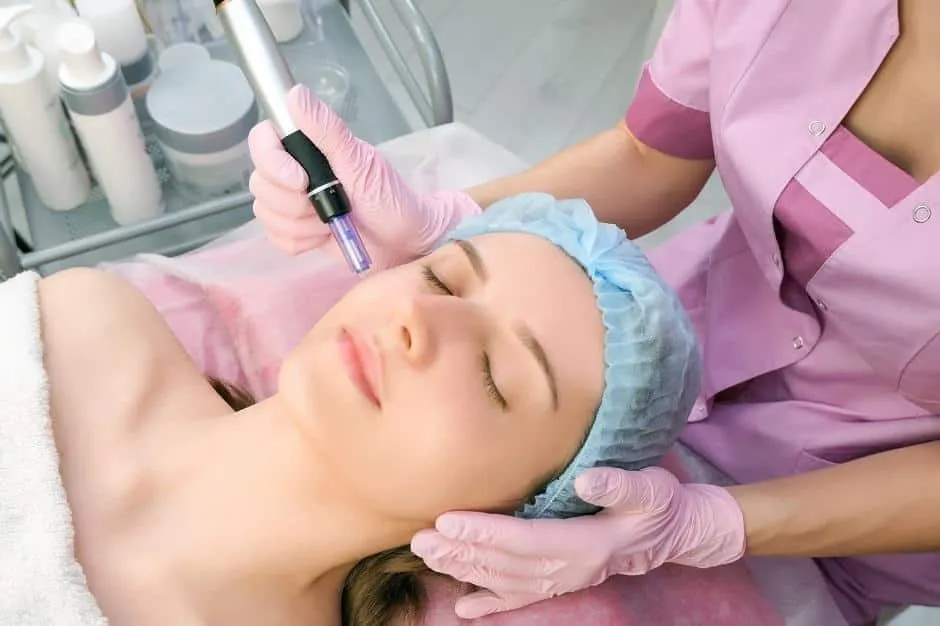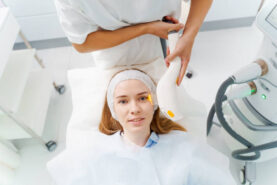Microneedling has become a popular way to treat wrinkles and scars and rejuvenate the skin. A significant number of women, from young adults to older adults, undergo microneedling treatment to
Microneedling has become a popular way to treat wrinkles and scars and rejuvenate the skin. A significant number of women, from young adults to older adults, undergo microneedling treatment to improve their facial appearance, look younger, and gain more confidence in how they look.
While there are many options such as botox and fillers, microneedling has become the latest trend to stay youthful for a couple of years. And its popularity is only increasing. But, can anybody choose microneedling treatment for their face? Let’s find out.
Is microneedling suitable for everyone?
Microneedling is an anti-aging procedure that uses very tiny needles to penetrate the skin and create a controlled skin injury to stimulate the function of collagen and elastin in order to rejuvenate the skin. It is commonly used to treat and improve conditions such as scars, fine lines, wrinkles, loose skin, uneven skin texture, pore size, brown spots, pigment issues, and a lot more. The idea is that the injuries caused by micro-sized needles encourage the production of healing agents – collagen and elastin. In general, anyone can have a microneedling procedure with some exceptions.
Who should not get microneedling treatment on their face?
People with active infections, lesions, or any wound healing problems are advised not to undergo microneedling treatment. So, if an individual has active acne, tender acne cysts, or some kind of infection on the facial skin, it is not recommended to get microneedling treatment on the face.
Otherwise, it will only irritate the area, make it more inflamed, and spread bacteria. So, it is highly recommended to wait until your acne goes and your face becomes clear before undergoing the procedure.
Besides, even though this treatment doesn’t involve the use of any chemicals, it is not recommended while you are pregnant or breastfeeding. Since the vitamins and nutrients in your body are reserved for your child in these stages, the healing process can be slower than usual. As a result, you might end up with unwanted pigmentation.
Individuals who take medicines that make their blood thinner than usual should either wait until the medical treatment is completed or take a break from the medical treatment after consultation with their doctors.
Other conditions when a person should not get microneedling treatment on the face include:
- Cold sores
- Sunburn
- Skin infections
- Warts, moles, or skin tags
- Coagulation disorder
- Undergoing treatment with heavy doses of corticosteroids
- Diabetes
- Lupos
- Eczema
- Impetigo
- Skin cancer
- Undergoing chemotherapy or radiotherapy
If you are receiving any kind of treatment, it is best to first consult with your doctor about getting a microneedling treatment on the face. However, if you don’t take any medicines and are a perfectly healthy individual with no conditions mentioned above, schedule your consultation appointment for microneedling treatment now.




